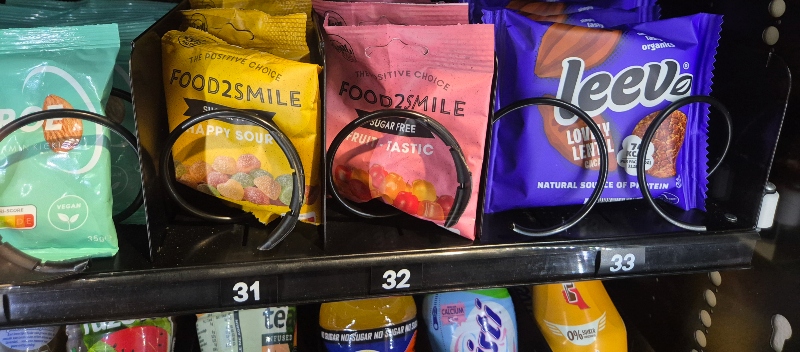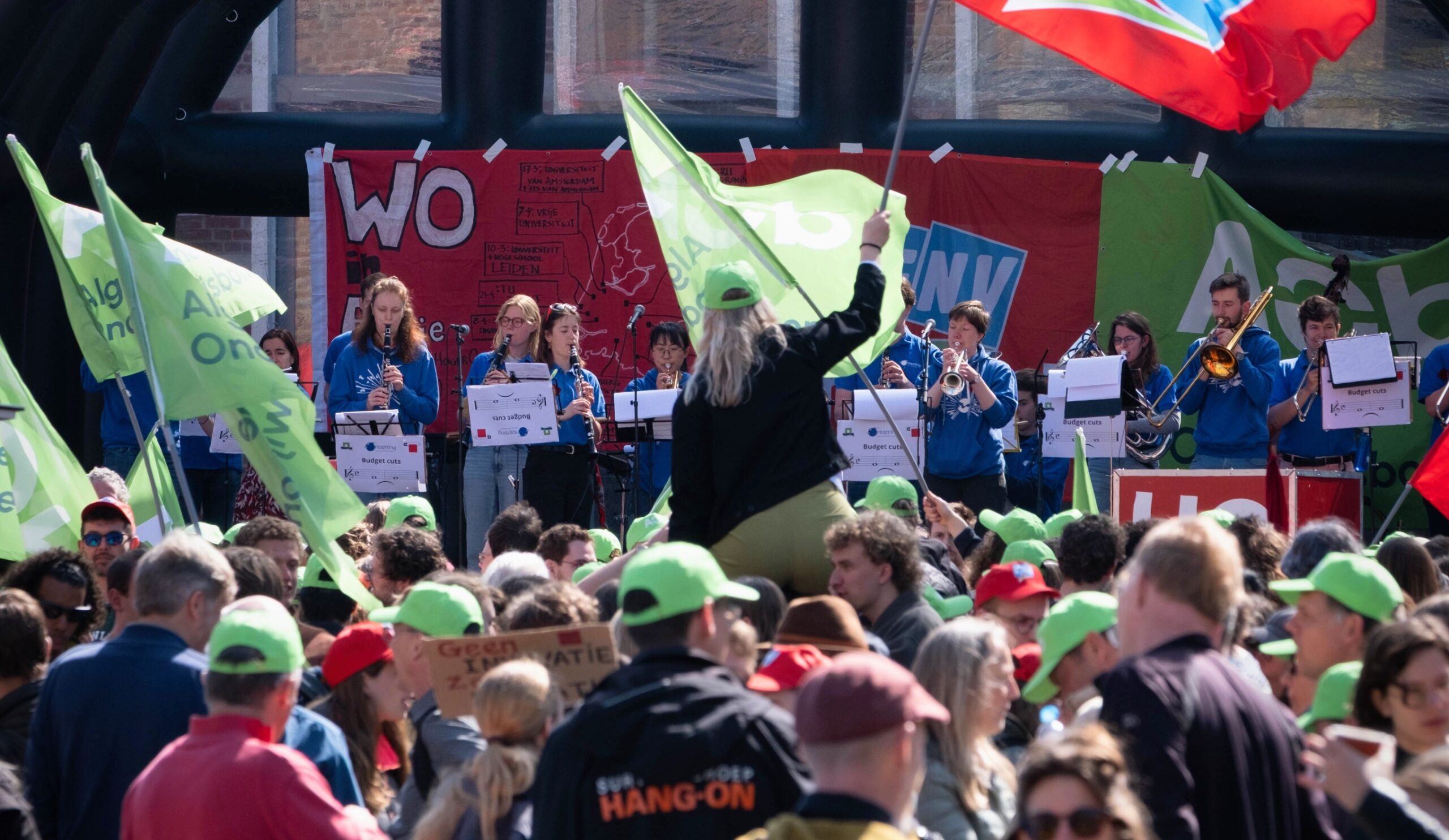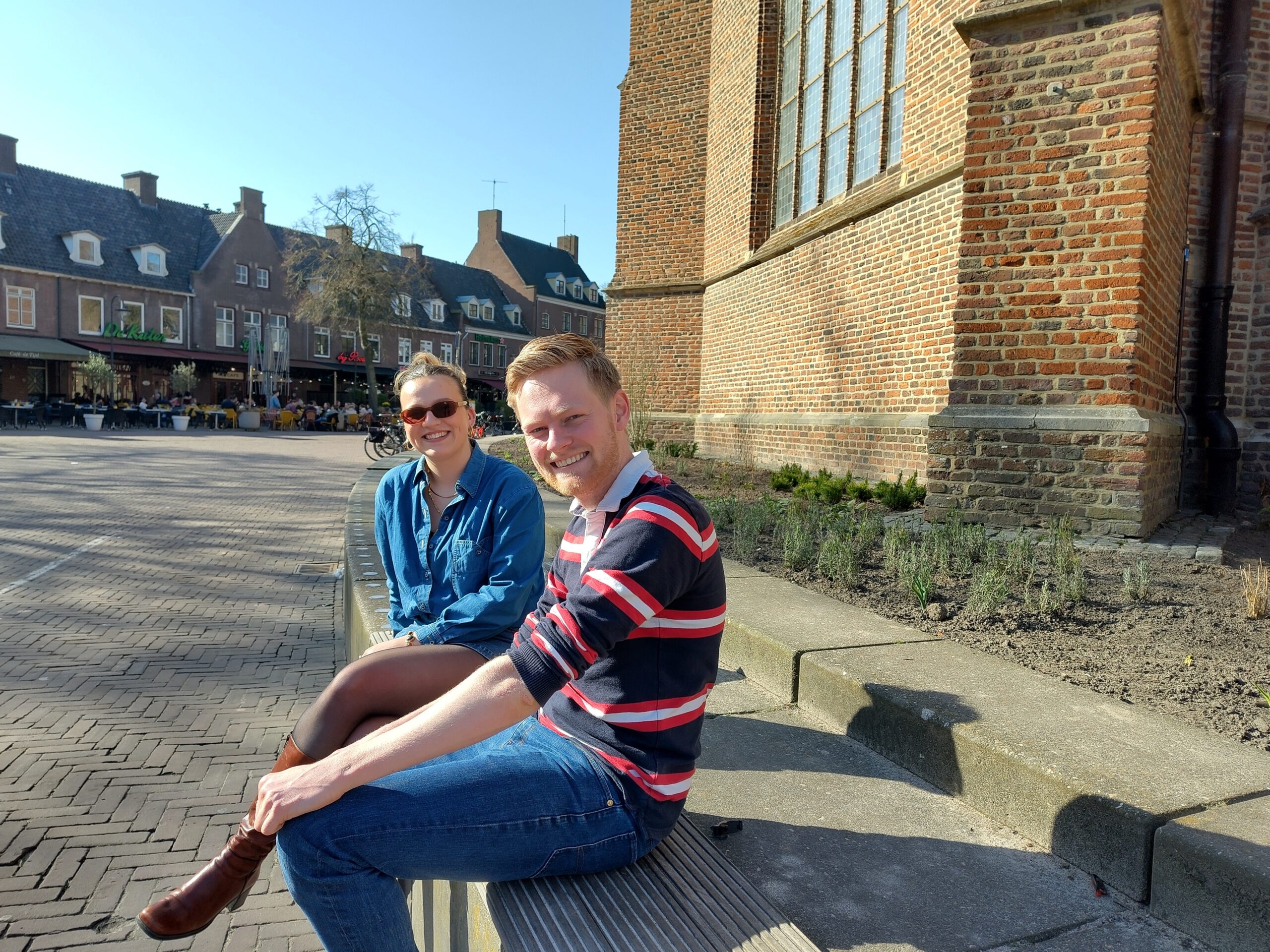Banabar got off to a flying start right from the get-go in 2019, after supermarket chain Lidl selected the startup’s energy bars for a themed week and sold 17,000 of them straightaway. But then came Covid-19, which was quite a blow commercially. Because who are the main consumers of energy bars? People who are on the move, on their way to work, sporting activities, friends or family. Just the things Covid put a stop to.
But Banabar pulled through, and even managed to grow. In retrospect, founder Marco Mega, a Food Technology alumnus, sees the Covid period as a ‘two-year soft launch’. And from now on, he wants to pick up speed. Next year, two new flavours of energy bar will be added, bringing the total to six, and the product line will be expanded. Not with an energy bar, but with a different tasty and healthy product, also based on dried rejected organic bananas.
Because this is what Banabar is all about: the realization that after cotton, bananas are the most chemically intensive crop in the world. And that it’s not getting any better: the use of fungicide is increasing, due to the growing resistance of two pathogenic leaf moulds. Banabar wants to offer farmers an alternative and therefore only works with organic bananas that do not meet the standard quality requirements for export.
Not only does that sound good for the planet, but the Banabars taste good too – try them yourself, they are for sale in Aurora. The rest of the Netherlands can find them at health- and environment-conscious supermarkets such as Odin and Ekoplaza.
In Scandinavia, the Banabar is on sale in regular supermarkets
Mega is finding that regular retailers are hanging back, but fortunately that is less the case across the border. In Germany and Scandinavia, where the market for organic products is much more mature, the company has managed to get Banabars onto the shelves of the major regular supermarket chains. Now for the rest of the world.
There are about 100 companies on the campus. We introduce them to you in Resource. This time: Banaba




